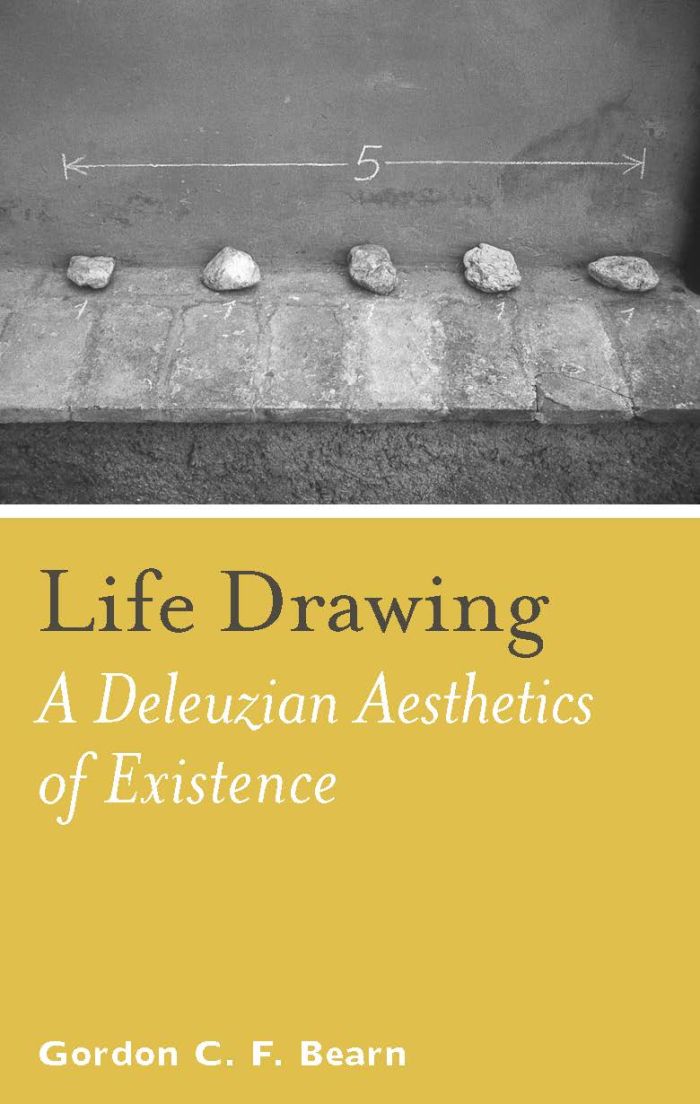Life Drawing
A Deleuzean Aesthetics of Existence

This book can be opened with

Deleuze’s publications have attracted enormous attention, but scant attention has been paid to the existential relevance of Deleuze’s writings. In the lineage of Nietzsche, Life Drawing develops a fully affirmative Deleuzean aesthetics of existence.
For Foucault and Nehamas, the challenge of an aesthetics of existence is to make your life, in one way or another, a work of art. In contrast, Bearn argues that art is too narrow a concept to guide this kind of existential project. He turns instead to the more generous notion of beauty, but he argues that the philosophical tradition has mostly misconceived beauty in terms of perfection. Heraclitus and Kant are well-known exceptions to this mistake, and Bearn suggests that because Heraclitean becoming is beyond conceptual characterization, it promises a sensualized experience akin to what Kant called free beauty. In this new aesthetics of existence, the challenge is to become beautiful by releasing a Deleuzean becoming: becoming becoming.
Bearn’s readings of philosophical texts—by Wittgenstein, Derrida, Plato, and others—will be of interest in their own right.
With Life Drawing: A Deleuzean Aesthetics of Existence we finally have the book on aesthetics that Gilles Deleuze, notwithstanding his frequent engagements with the arts, never wrote himself. The first sustained attempt not only to systematically explain Deleuze’s views on aesthetics but also to put them into action, Bearn’s book will surely become a major addition to the ever-growing scholarly library on Deleuze’s seminal philosophy. Making a forceful—and surprising—case for considering Deleuze’s work primarily in terms of existence, Bearn ingeniously deterritorializes the language of existence away from the trappings of existentialist philosophy, and its obsession with “authenticity,” and instead proposes to consider the problem of existence—the threat of life’s “pointlessness”—as one that is best understood as an aesthetic rather than moral problem. Life Drawing not only convincingly shows how Deleuze’s work encourages us to affirm this “pointlessness” but also performatively “rides the wave” of pointlessness so that readers become affected by the very sensualized experience that Bearn identifies as the core of Deleuze’s ideas about life; in so doing, Bearn transforms Deleuze’s thought about life into a bona fide way of actually living it.
“One can only admire the imagination and boldness of this book, qualities that are eminently in tune with the great philosophers upon whom the text draws.”

